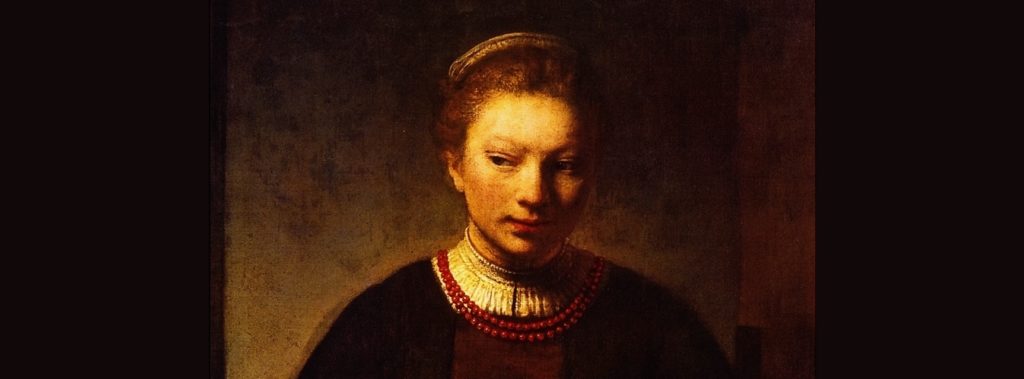
Evolution means changing one’s relationship to the many ‘I’s. An ordinary person has no doubts that they are an individual with a consistent way of seeing things. A conscious man or woman knows that their ‘I’s are not real and watches them from a state of self-consciousness. The system presents a map of how this change happens. The route goes from magnetic center to observing ‘I’ to deputy steward and steward, and later, to the ability to sustain the presence of real ‘I’.
The development possible for men and women is to change their sense of what is ‘I’. For a sleeping man, ‘I’ is whatever ‘I’ is most active right now. For a conscious man, this is real ‘I’ – permanent and unchanging. At the beginning, ‘I’ is an imaginary person, sometimes called false personality. While one is searching for a way out, groups of ‘I’s emerge that form a magnetic center. Through contact with objective knowledge, this is transformed into an observing ‘I’ and perhaps deputy steward. Later, if a person has the luck to meet a school, ‘I’ registers as the steward, who can control the other ‘I’s. Finally, beginning for only moments at a time, real ‘I’ emerges – a permanent principle of consciousness within us.
Observing ‘I’ Is formed when we take the decision to work on ourselves. It is not always there – it comes and goes. Observing ‘I’ begins to see our internal world using more objective categories; such as in the Fourth Way: the four lower centers, the four different states of consciousness, differing levels of attention, features and body type, negative emotions, etc. It is like having an internal person who occasionally wakes up and writes down a note about what they see and then falls back asleep. It is a point that observes neutrally what is happening, that is, when it wakes up for a moment.
As one continues in the Work, Deputy Steward gradually takes the place of single observing ‘I’s. It begins to sort things out internally. We already have an idea what we need to do to put our inner household into better order, based on the notes that observing ‘I’s took. The Deputy Steward begins to divide our manifestations into those that are obstacles to presence and those that help the work to maintain awareness. It tries to control the harmful manifestations and to encourage the beneficial ones – but not very successfully. It also begins to get an idea which manifestations are neutral and don’t need to be changed. (In general, these are connected with essence.) A Deputy Steward can control things sometimes, but it usually shows up after the fact. Our work is strengthened, ironically, by recording its failures to control the centers or our features.
The Steward has more unity. It has the capacity to control the I’s and be there at the moment that things are happening internally. It is able to put the internal household in order based on the division of internal manifestations into useful, harmful, or indifferent that the Deputy Steward made. The Steward makes the house ready for the master, or real ‘I’, and recedes when real ‘I’ emerges. In certain situations, it is designed to fail, as true control is reserved for real ‘I’. A steward can only be developed through the intensity of school work.
“The name ‘permanent I’ is not very successful, because it is not permanent for a long time; it only comes and stays when it is necessary, and when it is not necessary it may go away again. So it is better to say ‘real I’. When this ‘I’ comes, it controls all other ‘I’s. It can control everything in a way that no existing ‘I’s can, so it is quite new in a sense. But when this one ‘I’ comes, it does not mean that it will stay. First it may not be necessary for it to be there, because smaller ‘I’s must also learn to act in the right way. Secondly it needs very intensive work, and if work slackens it cannot stay. So there are many conditions for its presence, but if you experience the taste of it being there once, you will know many things and you will be sure of many things which now you can only surmise.” – Ouspensky